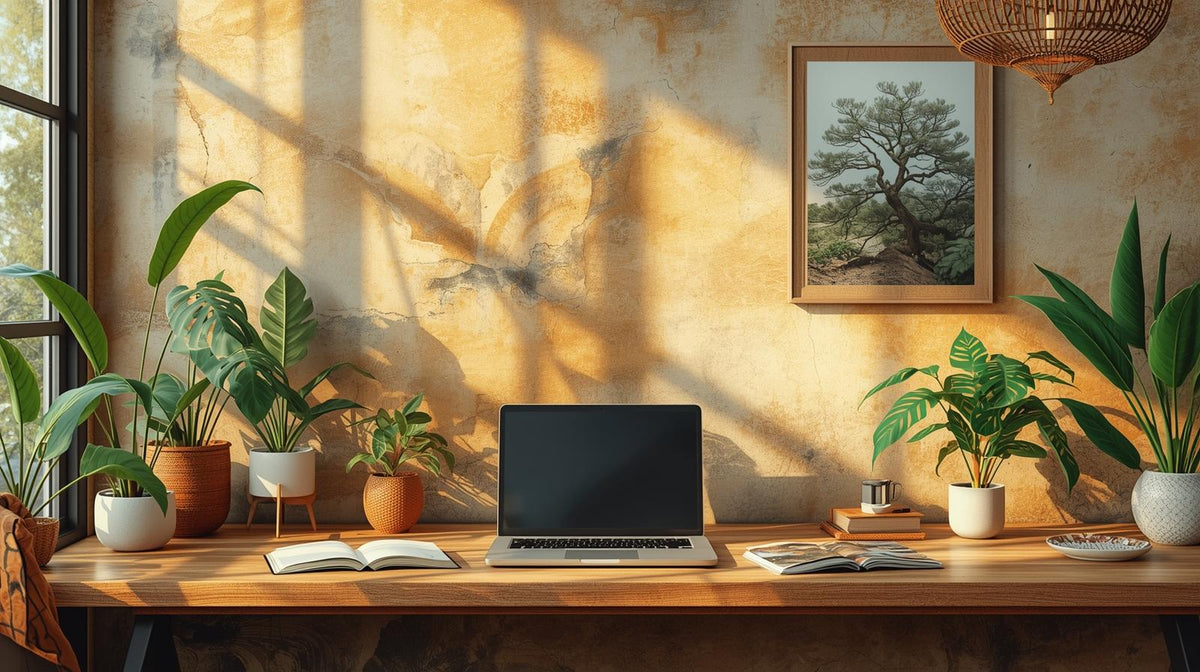
Feng Shui and Filipino Business Culture: A Closer Look
|
Time to read 3 min
|
Time to read 3 min
Have you ever walked into a Filipino-owned store or office and noticed a lucky charm on the counter, a small water fountain by the entrance, or even the way the furniture is carefully arranged?
In the Philippines, Feng Shui is not just about home design—it plays a significant role in how businesses operate and present themselves. From small family-owned sari-sari stores to large corporate offices, many business owners turn to Feng Shui for guidance on attracting prosperity, ensuring smooth operations, and avoiding misfortune.
While this practice traces its roots back to ancient China, it has been embraced and localized by Filipino entrepreneurs for generations. For many, it’s more than just superstition—it’s a combination of strategic planning, cultural tradition, and personal style.
Centuries ago, Chinese merchants established trade networks across the Philippines. Along with goods, they brought the concept of geomancy—aligning spaces to harness positive energy. Over time, Filipino business owners adopted these principles, blending them with local beliefs and Catholic rituals.
Today, it’s common to see businesses scheduling grand openings on auspicious dates, selecting store layouts for better energy flow, and incorporating specific colors or symbols into branding and interiors.
The front door is considered the “mouth of Qi” in Feng Shui. Filipino businesses often ensure that their entrance is well-lit, welcoming, and unobstructed, symbolizing open opportunities.
Shops and offices are designed to allow customers to move freely, avoiding clutter that might block both people and positive energy.
Wealth Bowls: Glass containers filled with coins and crystals, placed near cash registers.
Water Features: Small fountains representing money flow.
Fortune Cats (Maneki-neko): Often used alongside Chinese charms to attract customers.
In Filipino offices, desks are positioned to have a clear view of the door—called the “command position”—which fosters a sense of security and readiness.
Warm, well-balanced lighting and auspicious colors like red, gold, and green are used to boost morale and attract success.
Lucky bamboo, money trees, and jade plants are common in Filipino workspaces, believed to bring growth and stability.
One of the most fascinating aspects of Filipino interior design for businesses is how Feng Shui is paired with local customs. A store might feature both a Catholic saint statue and a Feng Shui wealth symbol. Blessing ceremonies often combine a priest’s holy water with Chinese incense rituals.
Even for those running businesses from home or small apartments, there are simple home design tips that integrate Feng Shui without compromising style:
Declutter Regularly – A clean space attracts clearer thinking and better energy.
Maximize Natural Light – Position workspaces near windows for vitality.
Use Mirrors Wisely – Reflect beautiful views or abundance, never clutter or chaos.
Add Meaningful Decor – Choose pieces that represent your personal goals, not just traditional charms.
Balance Elements – Incorporate wood, water, fire, earth, and metal in your space through furniture, plants, lighting, and accents.
For many Filipino entrepreneurs, Feng Shui is a confidence-booster as much as it is a design choice. Believing that your space supports your goals can psychologically encourage persistence, creativity, and optimism—traits essential for business success.
While Feng Shui is widely practiced, some see it purely as tradition without scientific backing. However, even skeptics acknowledge that it can encourage better organization, mindful design, and positive thinking—all of which benefit business performance.
The continued popularity of Feng Shui in Filipino business circles comes down to three factors:
Cultural continuity – A respect for heritage and tradition.
Practicality – Many principles overlap with good design and customer service.
Symbolic reassurance – A sense of control and optimism in unpredictable markets.